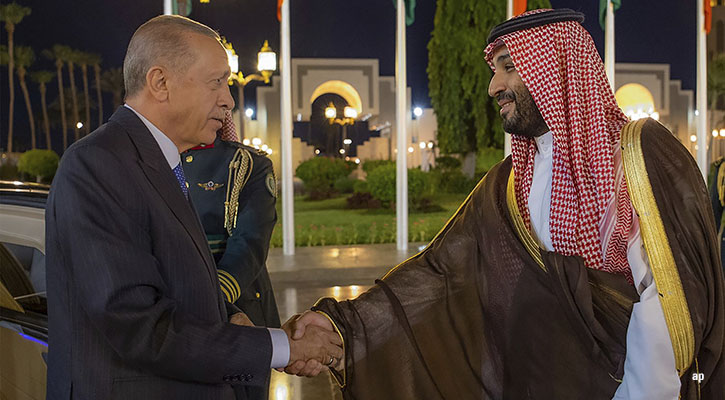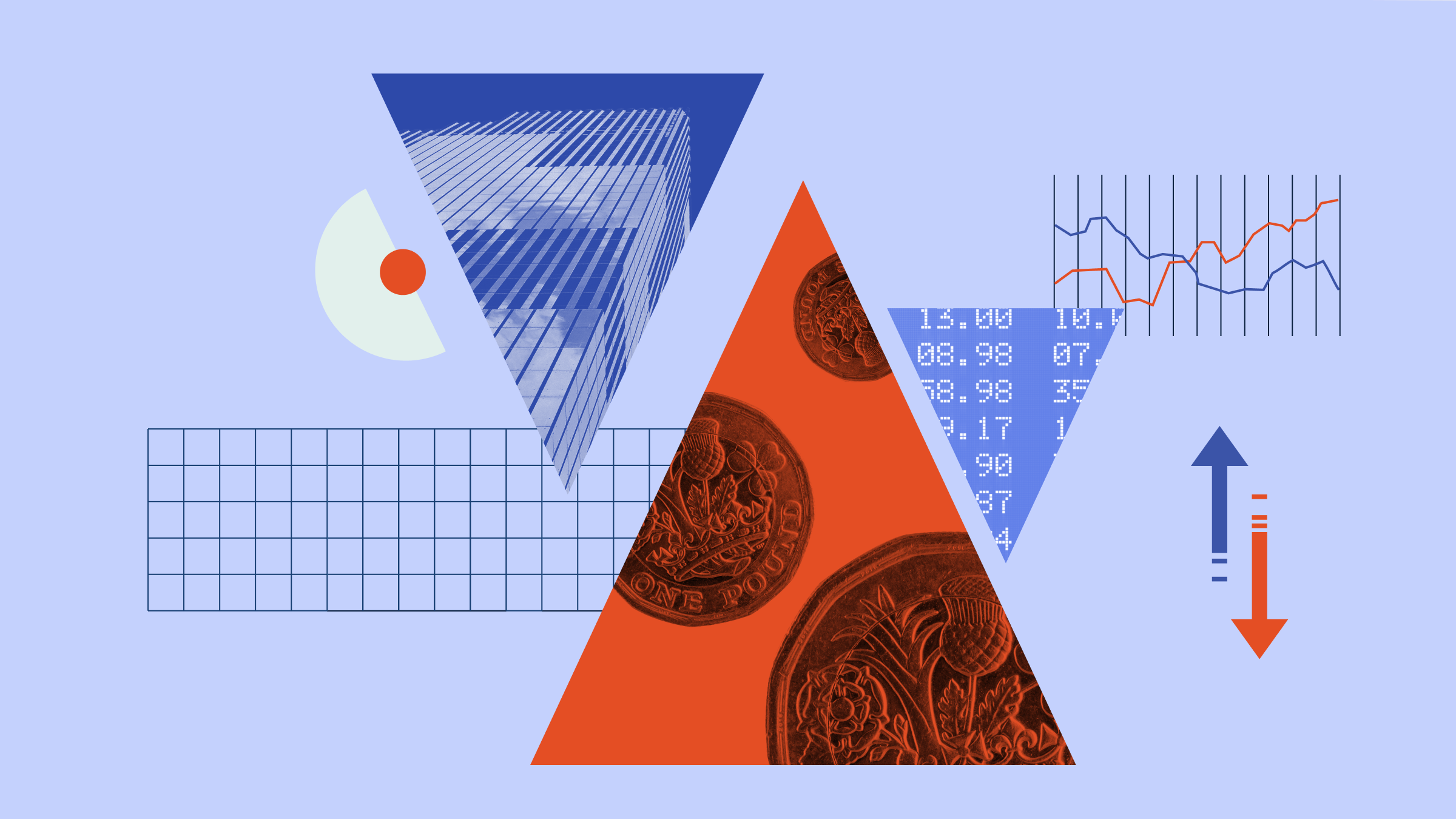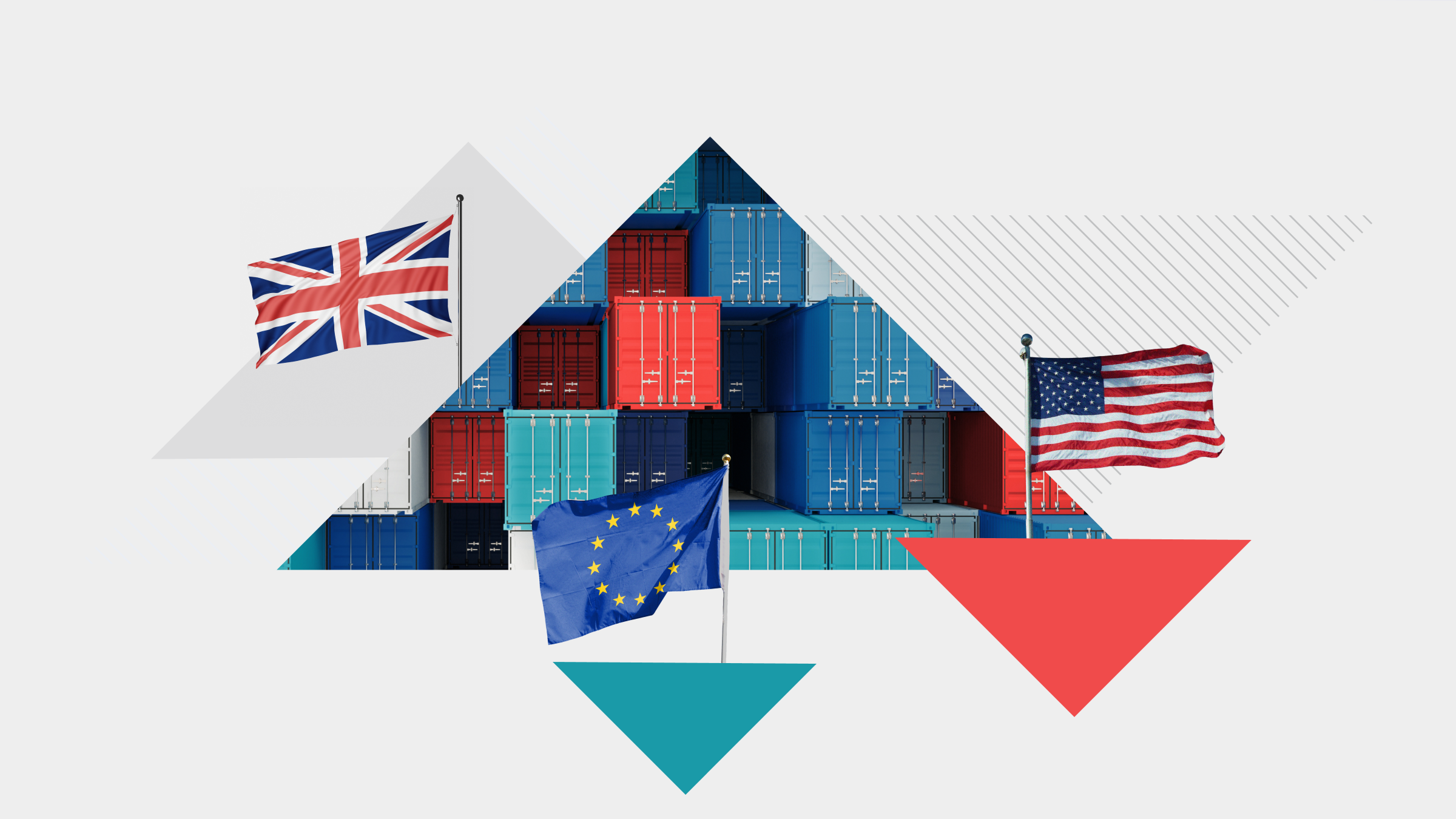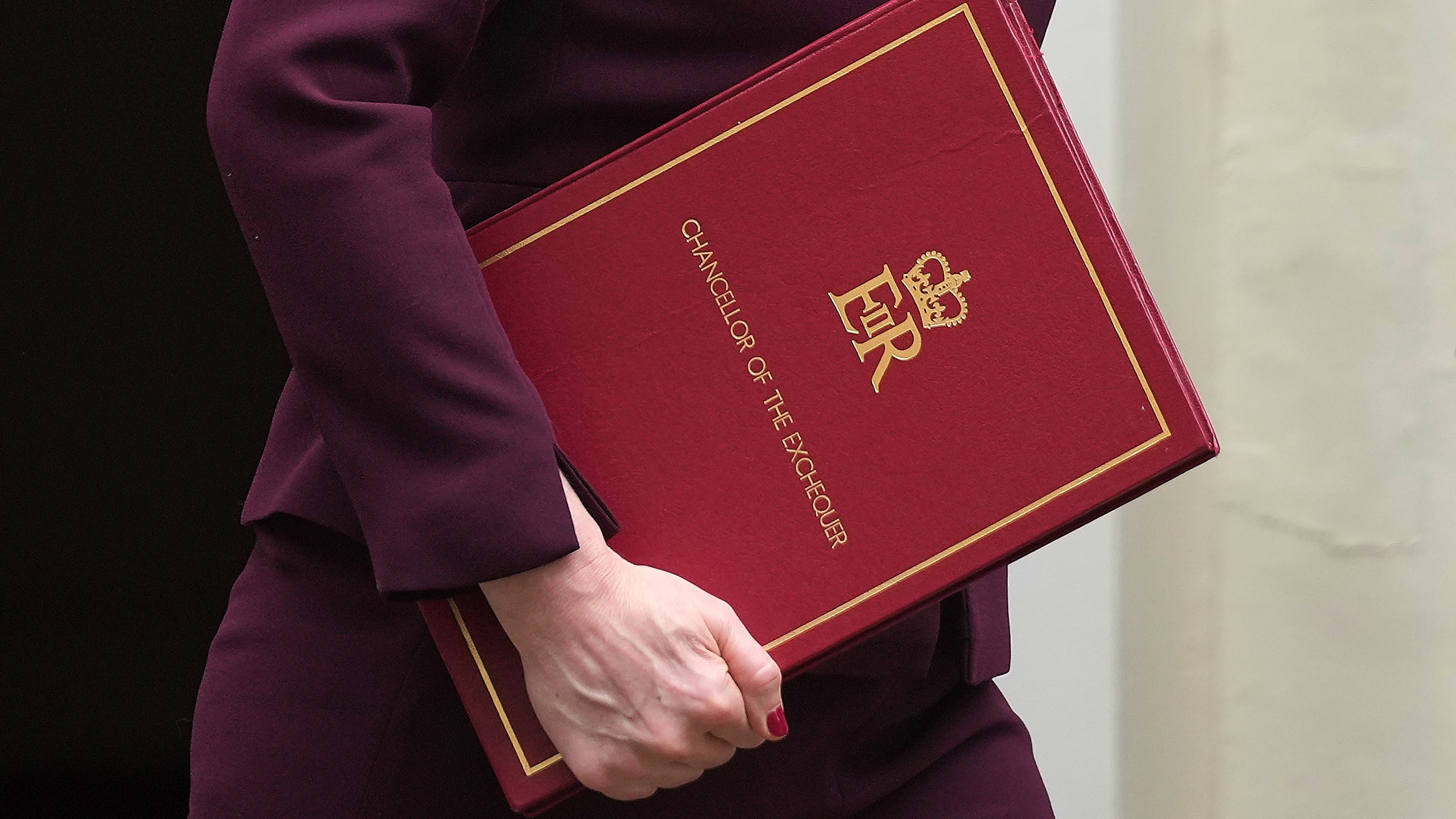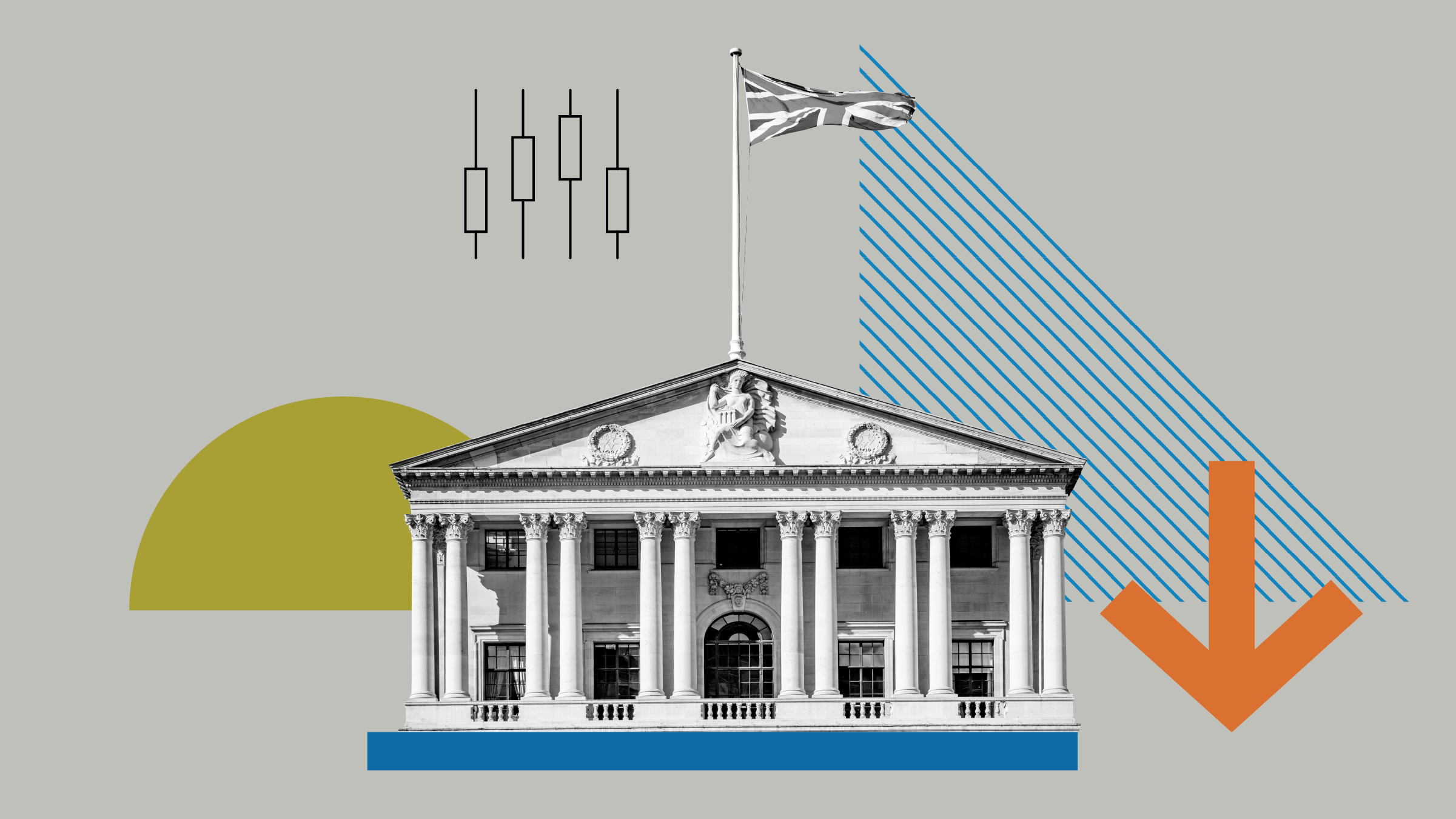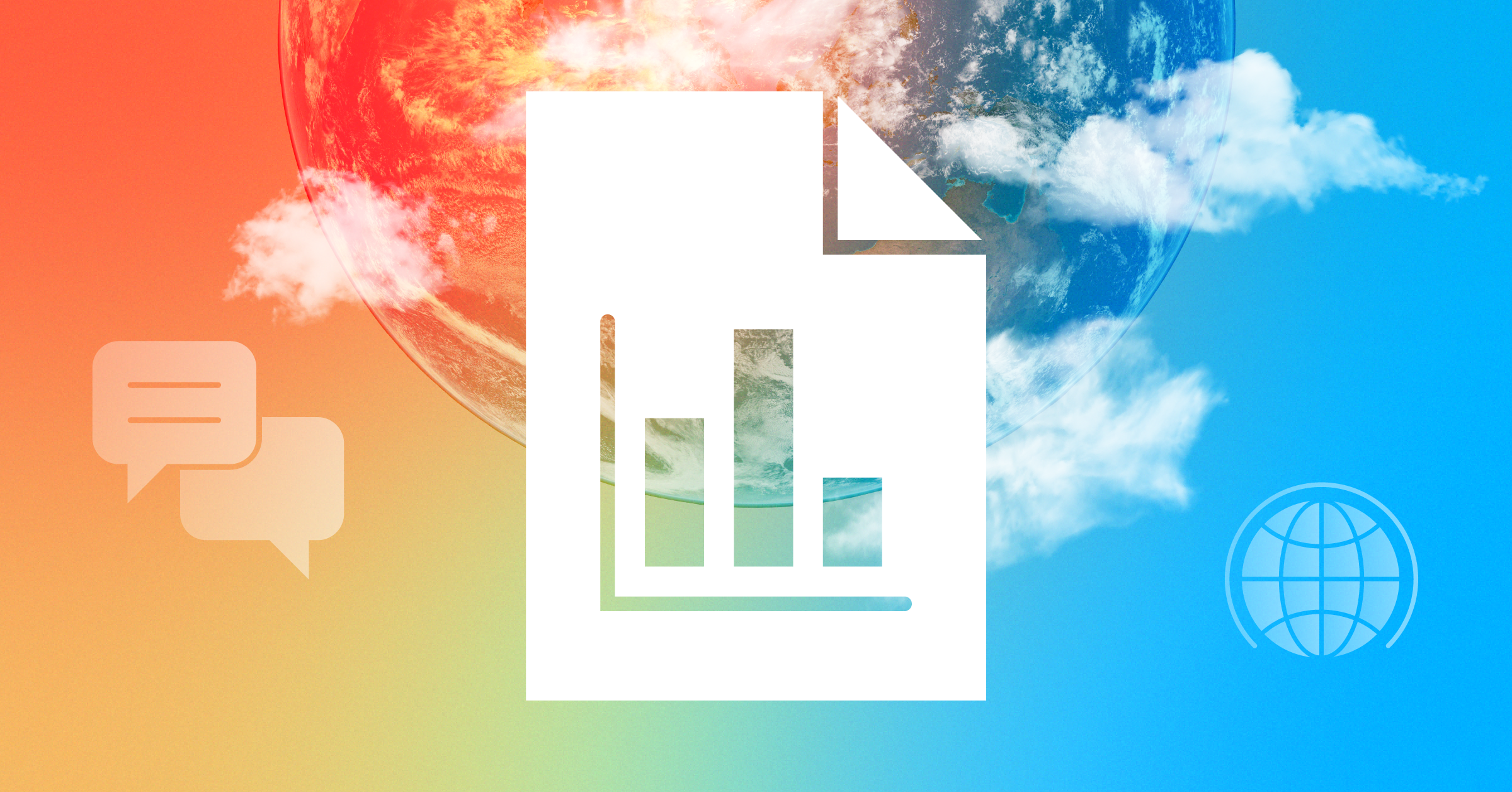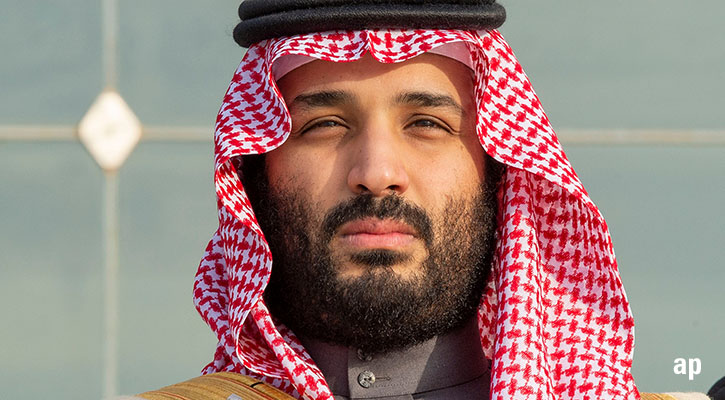
The year is only a day old and we've already had a significant geopolitical event, the expansion of the BRICS to include five more countries.
Brazil, Russia, India, China and South Africa have now been joined by Iran, United Arab Emirates, Saudi Arabia, Ethiopia, and Egypt. This would have been 11 nations but Argentina, under new leadership, withdrew its application in late December. The bloc can now claim more countries than the G7, its rival on the world stage.
The expansion has been due for months, following a meeting in South Africa in late August 2023 to expand the BRICS, an acronym that has been in official existence since 2010, but discussed widely since as far back as 2001 as the "BRIC" nations. The acronym will now be unwieldy so BRICS+ is the chosen appellation for now.
South Africa was the last to join the group and has been pushing for expansion for reasons of its own. Although perhaps more acceptable diplomatically than Russia, it's become isolated after accusations it sold arms to Russia. In any case, Nigeria has overtaken South Africa as the continent's pre-eminent economy.
BRICS versus the West?
This approach will dismay investors who support globalisation because it pits the West against the rising emerging world. While reflecting the new political realities in promoting Saudi Arabia and UAE to the club, the inclusion of Iran will unsettle Washington's power brokers as we enter the US election year. China and India are the real big hitters in this group now, with ambitions to topple the US as the dominant economic superpower. India is on better relations with the US than China though, so you can't characterise the BRICS as entirely hostile to American power.
Still, you could argue that Russia's continued inclusion in the power bloc, as the two-year anniversary of the Ukraine invasion approaches, is more damaging to the group's credibility.
It's no coincidence that three BRIC+ members are also part of oil cartel OPEC.
OPEC, which sets oil prices, has long operated as part of the global financial system, and boasts regimes like Venezuela, Iraq and Iran within its influence. The geographical specifics of where the oil is has long been part of the west's drive to diversify its energy supply, though Russia's war in Europe showed just how fragile the status quo truly was.
Angola has just left OPEC, while Venezuela is eyeing up a neighbouring country's oil reserves.
Back in the investing world, ESG investors have an interest in this too. These kinds of polarised power bases are nothing new in world history – think of the Cold War idea of "spheres of influence". It's harder to justify investing in say, India, the world's largest democracy, if it has trade ties with Iran and Russia.








